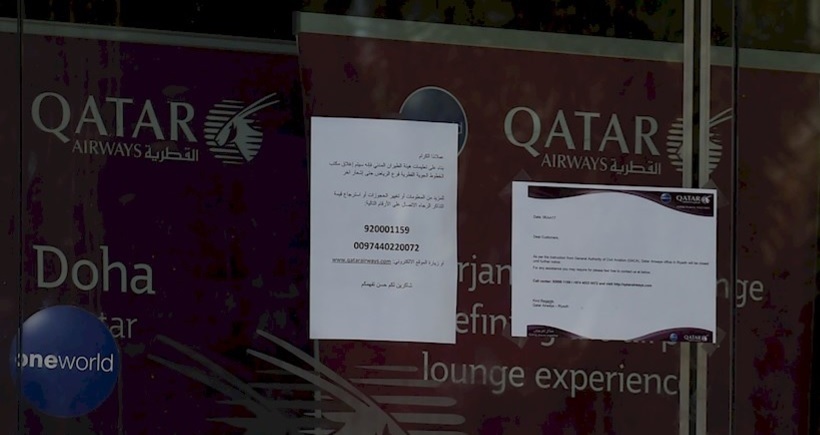Saudi Arabia, Bahrain and the United Arab Emirates (UAE) are toying with the lives of thousands of Gulf residents as part of their dispute with Qatar, splitting up families and destroying peoples’ livelihoods and education, Amnesty International said in a report released on Friday, June 9, 2017.
“For potentially thousands of people across the Gulf, the effect of the steps imposed in the wake of this political dispute is suffering, heartbreak and fear,” said James Lynch, Deputy Director of Amnesty International’s Global Issues Programme, who was in Doha last week.
“These drastic measures are already having a brutal effect, splitting children from parents and husbands from wives. People from across the region – not only from Qatar, but also from the states implementing these measures – risk losing jobs and having their education disrupted. All the states involved in this dispute must ensure their actions do not lead to human rights violations. ”
While Amnesty International said it takes no view on the political dispute itself, which also involves other countries including Egypt, Jordan and Yemen, the organization expressed serious concerns about the impact of some of these steps on the rights to family life and education.
In a fresh blow to freedom of expression in the Gulf, people in Bahrain, Saudi Arabia and UAE have also been threatened with harsh punishment if they dare to criticize these measures, Amnesty noted.
According to the organization, people with relations from other Gulf States are particularly at risk. Amnesty International has documented several cases of people cut off from parents, children and spouses as a result.
Residents in Saudi Arabia, UAE or Bahrain have been warned they could face harsh penalties if they make comments in support of Qatar. “These statements from governments with a record of repressing peaceful expression are a flagrant attempt to silence criticism of these arbitrary policies. Prosecuting anyone on this basis would be a clear violation of the right to freedom of expression. No one should be punished for peacefully expressing their views or criticizing a government decision,” said James Lynch.
There are also concerns that migrant workers employed by Qatari nationals to look after their properties in Saudi Arabia may find themselves stranded, unable to return to Qatar where they have residence permits – and becoming undocumented in the process, at risk of exploitation or arrest and deportation. Amnesty International has spoken to workers in this situation, who have little information about what might happen to them.
Saudi Arabia and other Gulf states must protect any workers employed by Qatari nationals, including by facilitating the safe return of those who wish to return to their home countries or assisting those who wish to return to Qatar, Amnesty went on to say.
“Political disputes between states must be handled in a manner that respects human rights. There can be no justification for tearing families apart, suppressing peaceful expression, and leaving migrant workers abandoned and at risk. Arbitrary measures should be suspended immediately,” concluded James Lynch.



 العربية
العربية